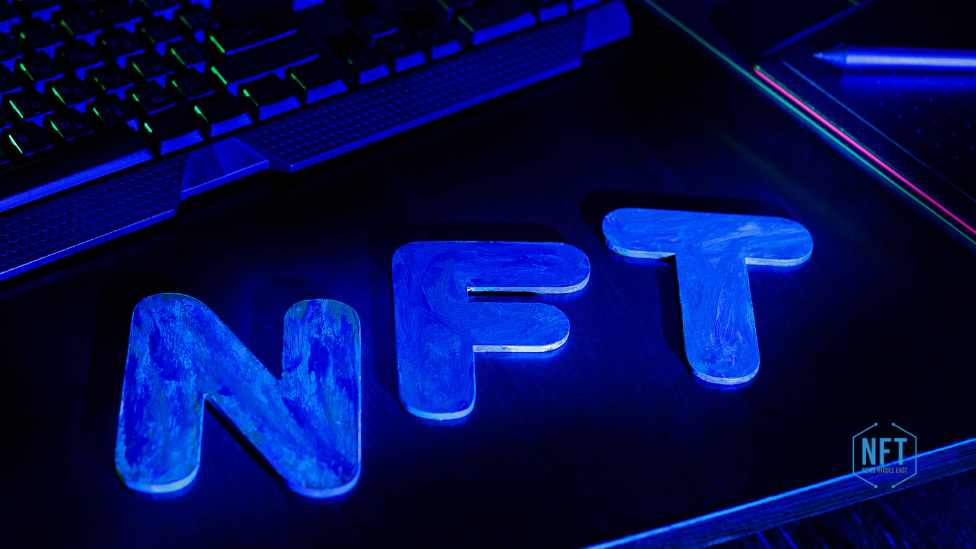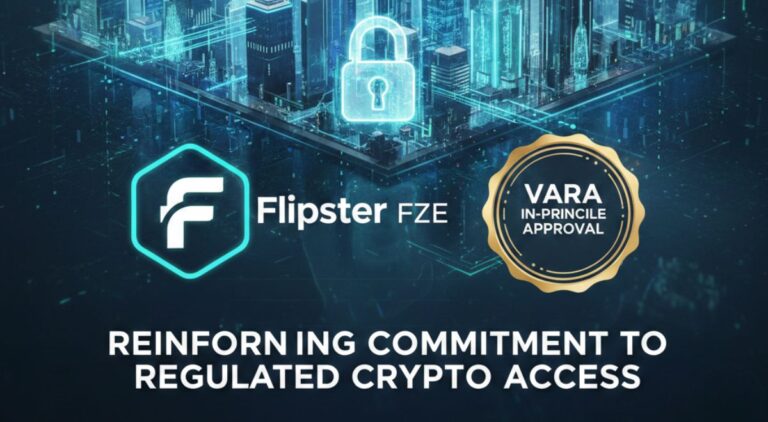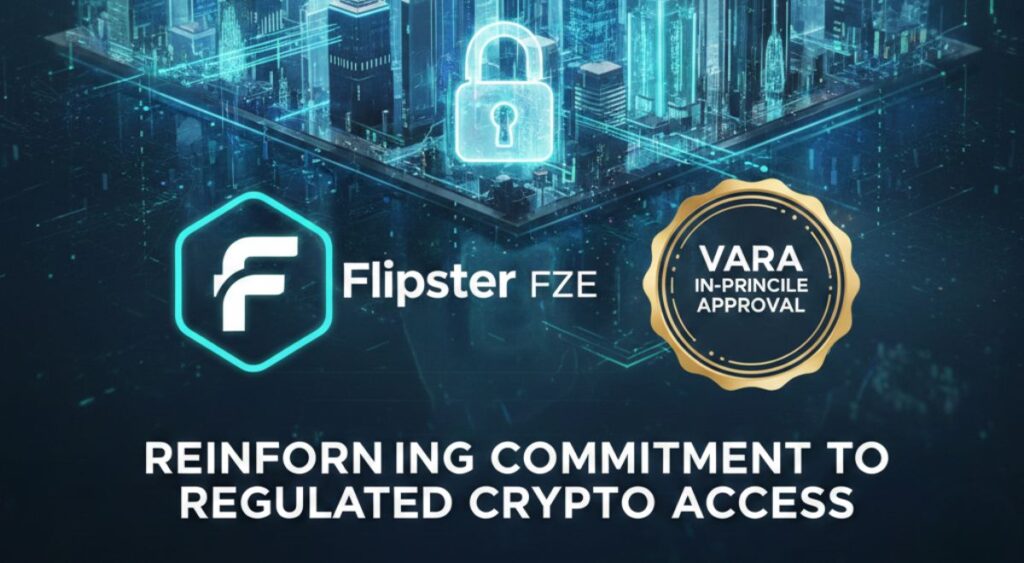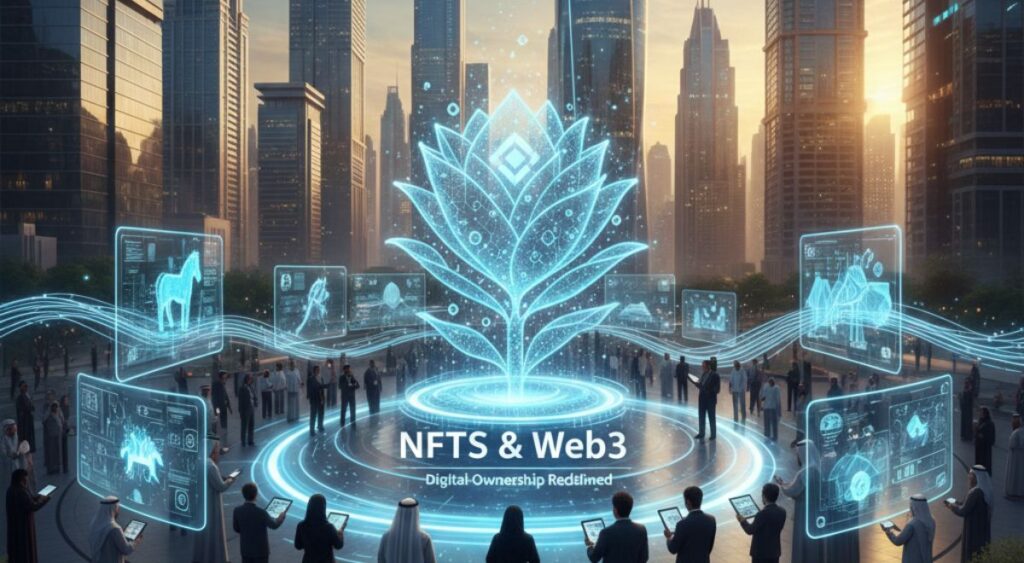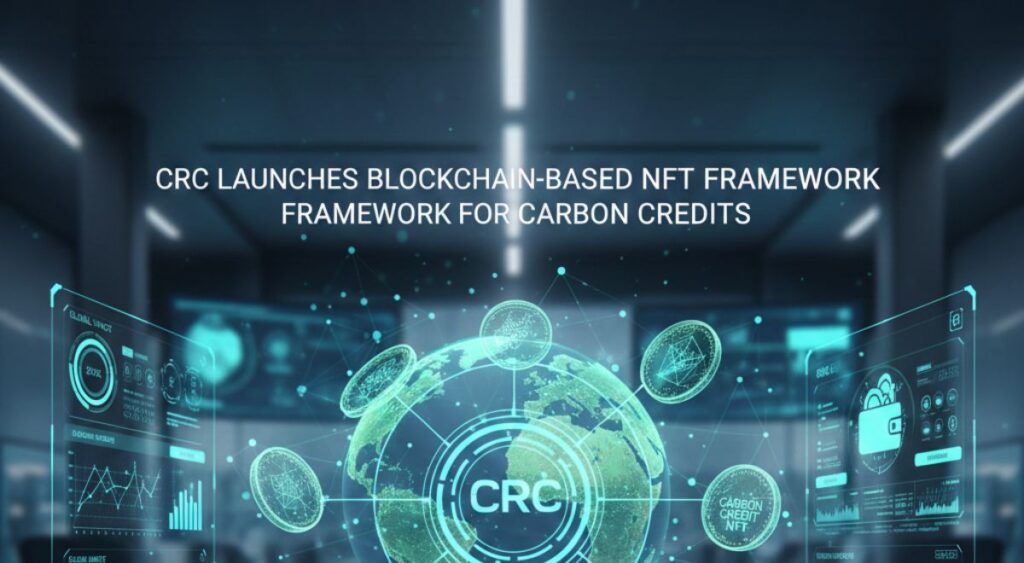Non-Fungible Tokens (NFTs) have become a ground-breaking technology in the constantly changing world of digital assets, with the potential to completely transform the way organizations and charities run their operations. These distinctive digital assets, which are frequently linked to artwork and antiques, have a lot of potential for use by organizations looking for creative approaches to attract donations and interact with supporters. Let’s look at five ways that NFTs can revolutionize the way nonprofits and charities operate.
5 Ways NFTs Can Benefit Charities And Nonprofits
-
Digital Fundraising:
By tokenizing exclusive digital material, NFTs offer a fresh approach to fundraising. Limited edition NFTs representing films, digital artwork, or even virtual experiences can be produced by charities. These exclusive digital assets may be put up for sale or auction to raise money for the charity.
As an illustration, a charitable group uses an online auction to raise money for a particular project by selling an exclusive digital artwork as an NFT.
-
Enhanced Donor Engagement:
NFTs provide a means to interact with donors more deeply. NFTs linked to particular campaigns can be minted by charities, giving contributors a piece of the organization’s past. The contributor and the cause are better connected when there is a sense of ownership. In order to allow contributors to gather and display their support, a charity could provide NFTs that symbolize significant occasions or accomplishments.
-
Accountability and Transparency:
The foundation of NFTs, blockchain technology, guarantees accountability and transparency. NFTs can be used by charities to give contributors a transparent picture of how their money is being used. Additional accountability is added with every transaction that is registered on the blockchain.
As an illustration, a nonprofit issues NFTs associated with certain initiatives, and contributors can use the blockchain to track the impact of their gift.
-
Virtual Events and Experiences:
Charities can plan virtual events and experiences with the help of NFTs. NFTs function like digital tickets, giving a level of exclusivity to events like private webinars, virtual meet-and-greets with celebrities, and exclusive online concerts.
As an illustration, a nonprofit could organize a virtual gala and issue NFT tickets that provide attendees access to unique virtual experiences.
-
Community Development:
NFTs have the potential to stimulate community development. Organizations can develop NFT-based membership plans or rewards for consistent donors. Having unique NFTs makes you feel like you belong and is a sign of your commitment to the cause.
For instance, A nonprofit organization could introduce a membership scheme based on NFT, whereby contributors are rewarded with distinct digital tokens or badges for their continuous support.
CONCLUSION
Charities and nonprofits can use NFTs to promote fundraising, engagement, transparency, and community development as the world navigates the digital era. These businesses may adjust to the shifting environment and create the foundation for a more impactful and inclusive future by adopting this cutting-edge technology. NFTs are more than simply digital assets; they open the door to a new phase of charitable giving and support for deserving causes.
LINKS
What Are Digital Assets? (thebalancemoney.com)
Non-Fungible Token (NFT): What It Means and How It Works (investopedia.com)

